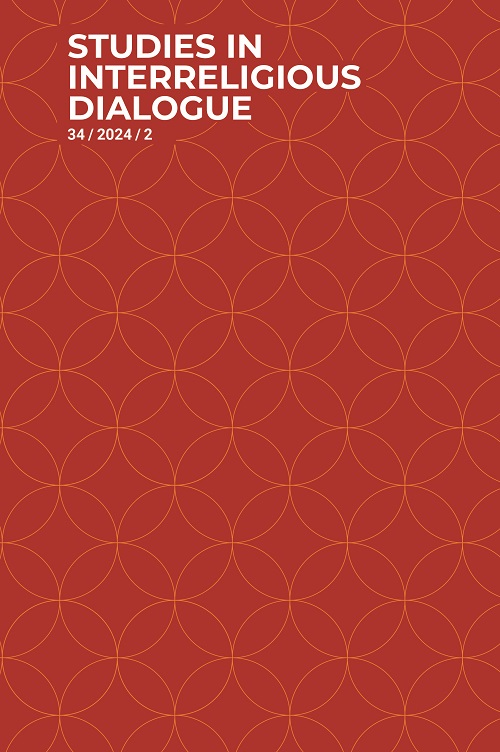 previous article in this issue previous article in this issue | next article in this issue  |

Preview first page |
Document Details : Title: 'Church'-state Relations in the Public Square Subtitle: French Laicism and Canadian Multiculturalism Author(s): VROOM, Hendrik M. Journal: Studies in Interreligious Dialogue Volume: 16 Issue: 2 Date: 2006 Pages: 190-210 DOI: 10.2143/SID.16.2.2017808 Abstract : This article describes two approaches to the issue of separation between religion and state. It shows, on the one hand, how a secular state (France) had to compromise in order to adapt to the structures of religious organisations and, on the other, how common cultural values in an officially multicultural and religiously plural state (the province of Ontario in Canada) determine the space that is permitted for new value systems brought in by a new religious group. France is well known for having one of the strictest separations between state and church. The article describes the background of laicism, some of its rules, and the compromises that have been made almost right from the start. Canada is a country with a stated multiculturalism policy. In Ontario, a Muslim request for the right to have a recognised shari’ah court of arbitration triggered a sharp debate which came to a provisional end in February 2006 with some interesting changes in Ontario law. The general argument of this contribution is that a strictly neutral state is neither possible nor wise and that an open multiculturalism or religious pluralism is also impossible. The taboo on conflicting values needs to be broken, so that not only the commonalities between religious traditions (with all their inner pluralism) can be discussed but also so that conflicting values will be part of an open and fair dialogue. |
 |


